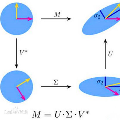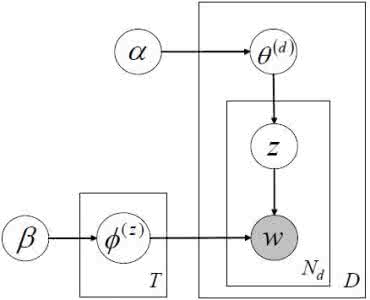Social tags inherent in online music services such as Last.fm provide a rich source of information on musical moods. The abundance of social tags makes this data highly beneficial for developing techniques to manage and retrieve mood information, and enables study of the relationships between music content and mood representations with data substantially larger than that available for conventional emotion research. However, no systematic assessment has been done on the accuracy of social tags and derived semantic models at capturing mood information in music. We propose a novel technique called Affective Circumplex Transformation (ACT) for representing the moods of music tracks in an interpretable and robust fashion based on semantic computing of social tags and research in emotion modeling. We validate the technique by predicting listener ratings of moods in music tracks, and compare the results to prediction with the Vector Space Model (VSM), Singular Value Decomposition (SVD), Nonnegative Matrix Factorization (NMF), and Probabilistic Latent Semantic Analysis (PLSA). The results show that ACT consistently outperforms the baseline techniques, and its performance is robust against a low number of track-level mood tags. The results give validity and analytical insights for harnessing millions of music tracks and associated mood data available through social tags in application development.
翻译:Last.fm等在线音乐服务中固有的社会标记提供了丰富的音乐情绪信息源。丰富的社会标记使这些数据对开发管理和检索情绪信息的技术非常有益,并使得能够研究音乐内容和情绪表现之间的关系,其数据大大大于常规情感研究可用的数据。然而,尚未对在音乐中捕捉情绪信息的社交标记和衍生语义模型的准确性进行系统评估。我们提出了一种新型技术,即Affective 环球曲变迁(ACT),以基于社会标记的语义计算和情感建模研究的可解释和稳健时尚来代表音乐轨道的情绪。我们验证了这一技术,预测音乐记录中的情绪听众评级,并将结果与预测结果和预测结果与矢量空间模型(VSMSM)、Singulalvalal 值分解(SVD)、Nonnegetmation 矩阵分级(NMF)和Probabilitict Lent Smantical 分析(PLSA) 。结果显示,ACT 持续地超越了基线技术,其性表现优于低量分析性,而其性表现与微调度的磁度记录应用相比, 提供了数百万的磁度分析结果。




